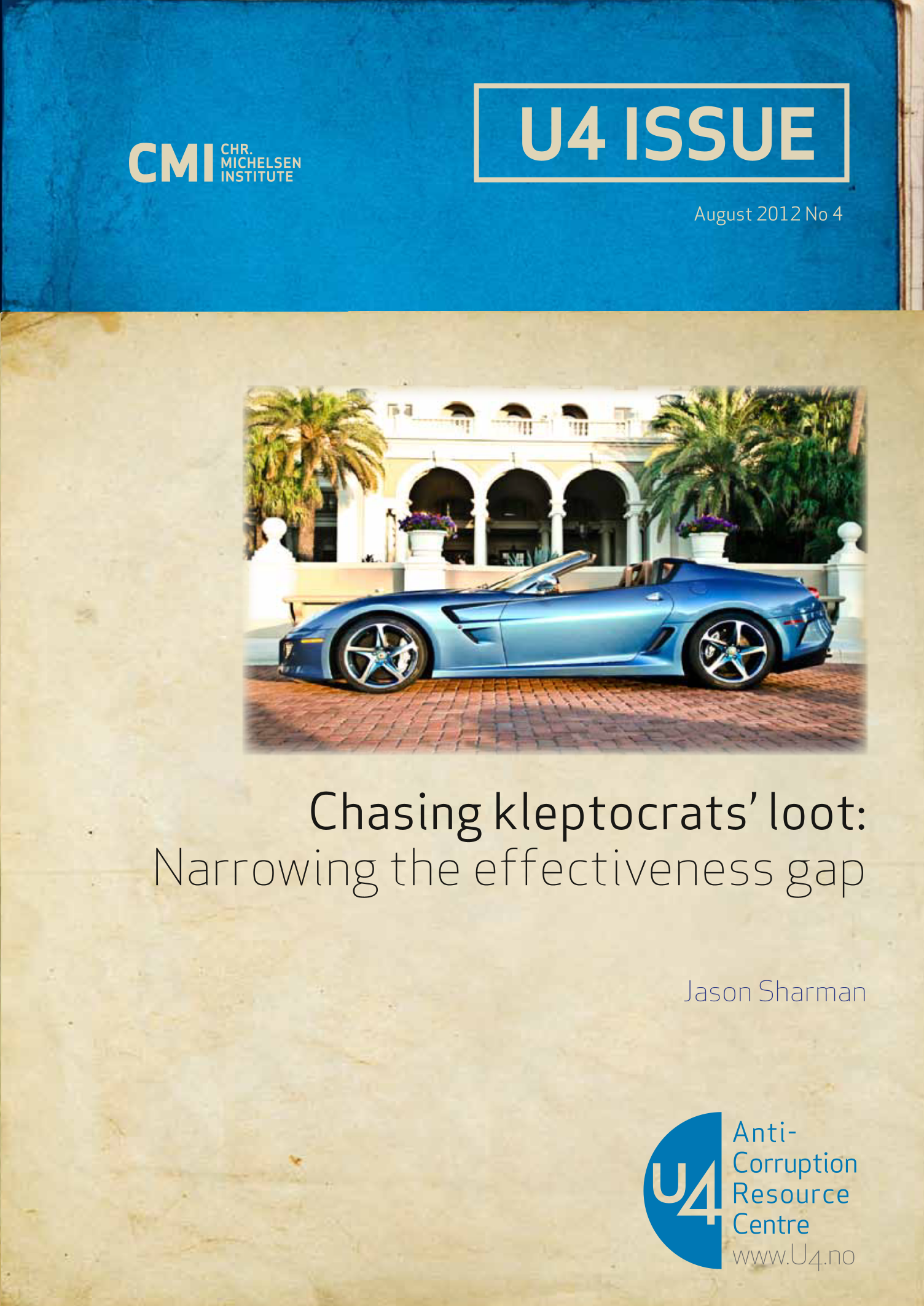U4 Issue
Chasing kleptocrats’ loot: Narrowing the effectiveness gap
International measures to counter the laundering of looted wealth have not had a significant impact, despite their apparent strength. Evidence, including an original case study of Papua New Guinea, suggests that only a small fraction of funds derived from corruption are intercepted. This effectiveness gap is caused principally by the laxity of banks in controlling wire transfers and the willingness of corporate service providers to supply untraceable shell companies. Current policy evaluation fails because it equates inputs with effectiveness and does not include clear measurement of results. This can be remedied by testing the ease of making suspect transactions or forming shell companies, using either audit studies or field experiments. Two such studies of shell company formation show that rules mandating sensitivity to customer corruption risk are ineffective. Such studies are cheap, practical, and suitable for use by development agencies and their partners in developing countries.

Cite this publication
Sharman, J. 2012. Chasing kleptocrats’ loot: Narrowing the effectiveness gap. Bergen: Chr. Michelsen Institute (U4 Issue 2012:4) 31 p.
Disclaimer
All views in this text are the author(s)’, and may differ from the U4 partner agencies’ policies.
This work is licenced under a Creative Commons Attribution-NonCommercial-NoDerivatives 4.0 International licence (CC BY-NC-ND 4.0)